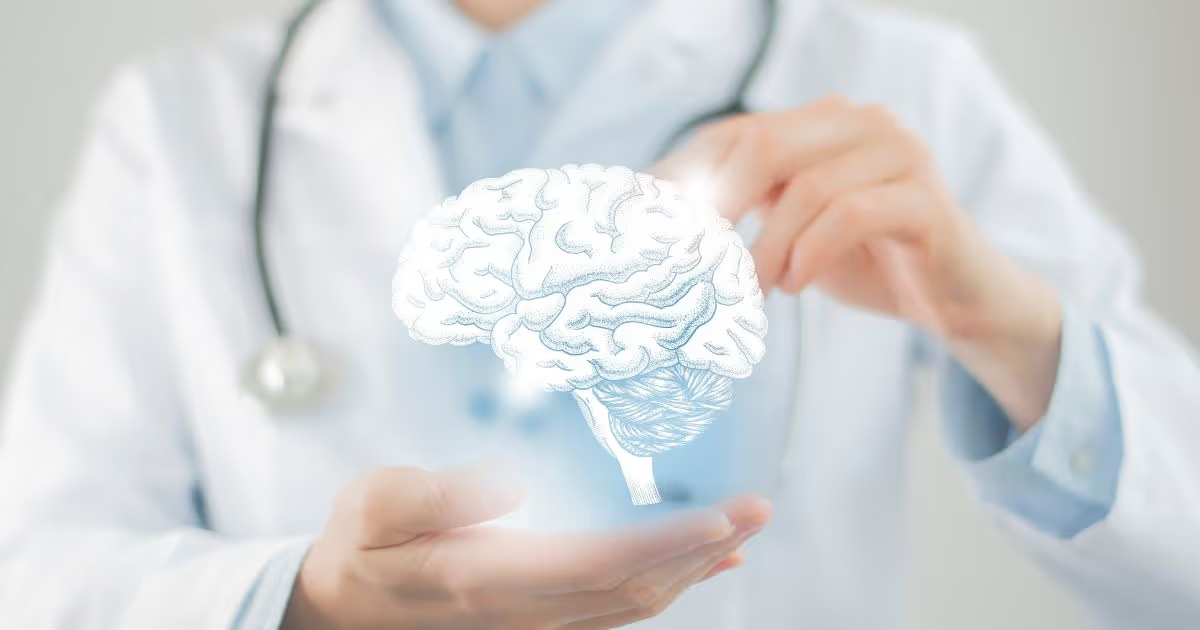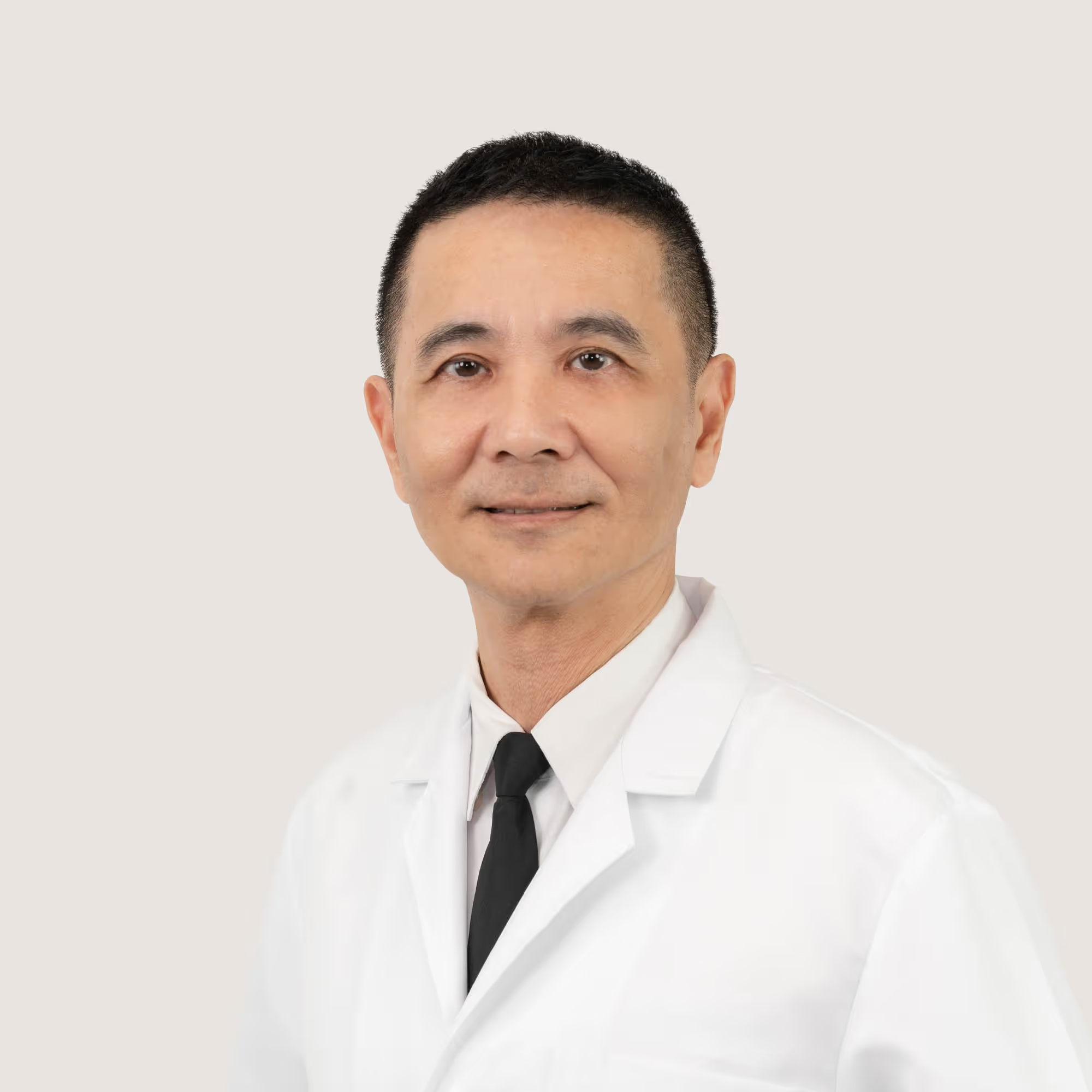Choose the content to read
- What is Brain Cancer?
- Types of Brain Cancer
- Symptoms
- Causes and risk factors for primary brain cancer
- Diagnosis
- Treatment
- Prevention
What is Brain Cancer?
The mutation of cells in the brain can form a tumor, which can be benign or malignant. The rate of malignant tumor growth depends on its type. The cancerous tumor can cause symptoms such as seizures, memory loss, or arm and leg weakness. The preferred treatment for a brain tumor or brain cancer is tumor removal. Unfortunately, sometimes that tumor location is in an unresectable area or there are multiple masses beyond brain surgery to remove them all. Radiation and systemic treatment have a role in these cases.
Types of Brain Cancer
- Primary brain cancer is a condition in which tumor cells originate from primary brain tissue. This tumor type is confined only to the brain or spinal cord and never spreads/metastasizes from outside the brain or central nervous system. Primary brain cancer is a rare disease but is super aggressive and has a poor prognosis.
- Secondary/Metastasized brain cancer is cancer from another part of the body (the original tumor is not brain tissue) that spreads to the brain, e.g., breast cancer metastasizes to the brain or lung cancer with brain metastasis. Secondary brain cancer or “brain metastases” is more common than a primary brain tumor. Treatment and prognosis depend on the primary cancer.
Symptoms
Many symptoms of brain cancer are similar to those of less severe conditions. If you experience the symptoms for over a week, you should consult a doctor to find the cause and receive timely treatment.
- A seizure is the first clinical sign of a brain tumor, which can lead to difficulty understanding or speaking.
- Headaches, accompanied by nausea and vomiting.
- Change in vision, double vision, and vision loss.
- Difficulty thinking clearly.
- Memory loss.
- Weakness in the arms and legs.
- Changes in personality and
Causes and risk factors for primary brain cancer
Primary brain cancer is associated with exposure to high doses of radiation, such as past radiation therapy treatments. The history of exposure to an atomic bomb explosion is also a major risk factor. Cancer in a family member also entails increased risk. Primary brain cancer is diagnosed more often in the older population.
No conclusive evidence exists to link brain cancer with dietary food, head injury, pesticides, the internet, Wi-Fi, and cellphone use.
Diagnosis
- Imaging tests such as CT, MRI, or PET scans to identify and locate a brain tumor.
- A neurological exam to check if your brain is affected by cancer or a tumor.
- A lumbar puncture
- A brain biopsy
Treatment
Primary brain cancer is treated differently from secondary brain cancer. Your doctor will determine the appropriate treatment approach, depending on the type, size, and location of the brain cancer, as well as your age and health. The doctor will discuss the pros and cons of the treatments with you.
- Brain surgery can completely or partially remove the brain tumor, depending on its location. It is the most common treatment.
- Chemotherapy can shrink the brain tumor and destroy cancerous cells.
- Radiation therapy can destroy cancerous cells that are beyond removal by brain surgery.
- Combination therapy treats a patient with chemotherapy and radiation therapy simultaneously.
- Targeted/immunotherapy helps restore the immune system's ability to fight brain cancer.
- Other medications treat symptoms or side effects of brain cancer treatment, i.e., anti-seizure and clinical trial drugs.
- Rehabilitation, such as occupational and physical therapy, to restore your ability to talk, walk, and do daily activities disrupted by brain cancer.
- Alternative therapies, such as eating a balanced diet to boost your immunity and replenish nutrients lost from cancer treatment
- Follow-up tests, such as imaging tests to check if brain cancer recurs.
Prevention
We cannot prevent all brain cancers, but we can avoid certain risks to lower the chance of developing brain cancer.
- Avoid unnecessary radiation exposure.
- Exercise.
- Quit smoking.
Frequently Asked Questions (FAQ)
-
Question: What causes brain cancer?
Answer: Brain cancer is caused by mutations in cells in the brain that can cause both cancerous and non-cancerous tumors. Malignant tumors grow slowly or quickly depending on the type of tumor. Cancer tumors can cause symptoms such as seizures and memory loss. or weakness in the arms and legs -
Question: Brain cancer What are the symptoms?
Answer: Many of the symptoms of brain cancer are similar to those of other, less severe diseases. If symptoms of the disease last longer than one week, you should consult a doctor to find out the cause and receive treatment immediately. For example, seizures are the first sign of brain cancer. which confuses I can't speak; I have a headache. Nausea and vomiting Vision changes Double vision, weak limbs, etc. -
Question: Brain cancer screening What do I need to check?
Answer: Imaging tests such as a CT scan, MRI, or PET scan are used to pinpoint the location of a brain tumor. DWI neurological examination to determine if the brain is affected by cancer or tumors Cerebrospinal fluid puncture and brain biopsy








